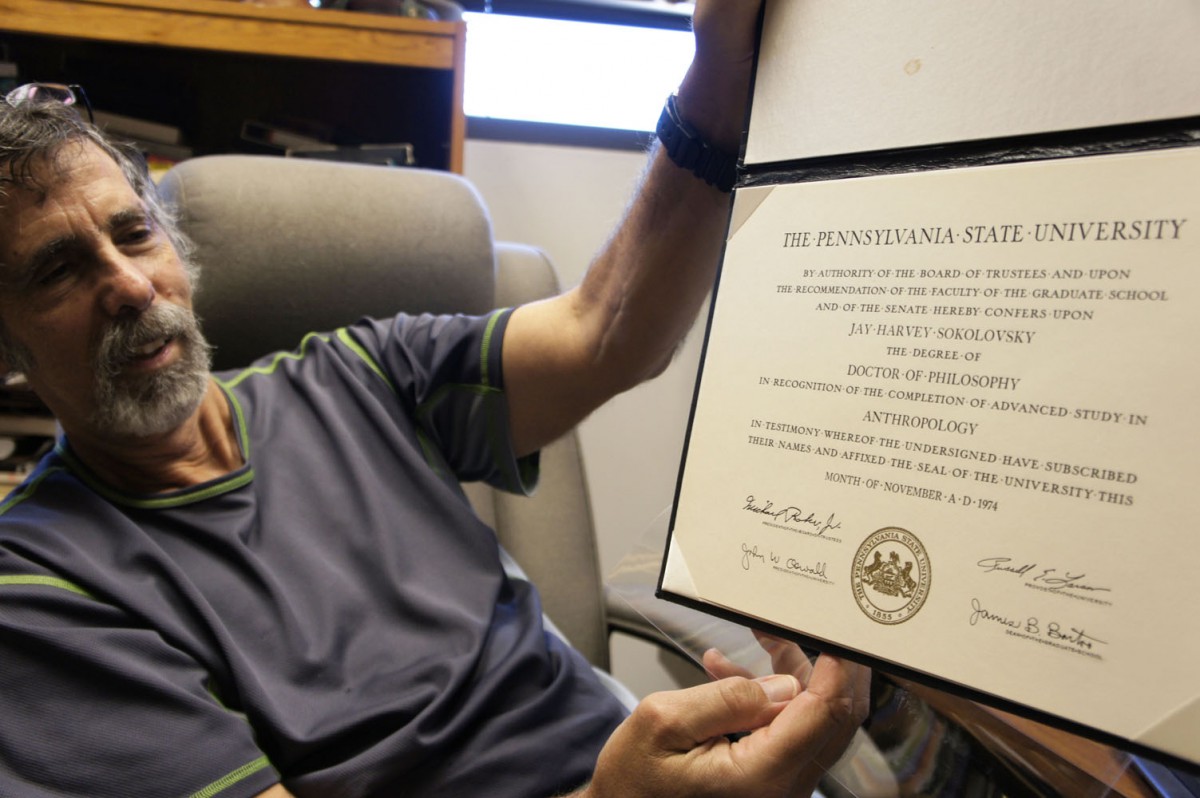During a recent interview in Daytona Beach, Fla., Gov. Rick Scott made it clear to students studying anthropology or those planning to study it that they weren’t going to bring any jobs to the state.
“How many more jobs do you think there are for anthropology in the state? Do you want to use your tax dollars to educate more people that can’t get jobs in anthropology? I don’t,” Scott said in the interview. “I want to make sure we spend our money where people can get jobs when they get out.”
Scott is openly discussing shifting taxpayer dollars to public institutions from social science degrees to science, technology, engineering and mathematics, or STEM.
“I want to spend our money getting people science, technology, engineering and math degrees,” Scott said. “That’s what our kids need to focus all of their time and attention on, those type of degrees that when they get out of school, they can get a job.”
It isn’t clear if Scott did his homework before singling out anthropology degrees. The American Anthropological Association found that 64 percent of master’s graduates were employed within a year of graduating in 2009. USFSP found that overall, 72 percent of bachelor’s degree students were employed within six months of graduating in 2008.
“Smart engineers will tell you that in order to build bridges in communities where humans are, it can’t be done without an understanding of the culture those humans function in,” said Jay Sokolovsky, a USFSP anthropology professor.
USFSP had 30 percent cut from its budget this year. Next year, they expect another 10 percent.
“This is a conscious effort to shift important functions of the state from the public sector to private corporations with issues that deal with the lives of humans,” Sokolovsky said.
Scott’s daughter Jordan Kandah received her degree in anthropology from Virginia’s College of William & Mary, but she didn’t go into the field. The statements are less aimed just at anthropology. The American Anthropological Association wrote a letter to Scott in response to the comments.
“Perhaps you are unaware that anthropologists are leaders in our nation’s top science fields, making groundbreaking discoveries in areas as varied as public health, human genetics, legal history, bilingualism, the African American heritage and infant learning,” the letter stated.
Anthropology professors from seven of the state’s public universities finished a letter to the Governor outlining four points on why anthropology is an important field and degree. The letter cites new employment opportunities, the use of STEM in the field, continuing education, and the importance of the study to Florida overall.
“With the industrialization of the economy in foreign markets, there are more foreign workers in everything from software to food,” Sokolovsky said. “Anthropologists help corporations understand how to effectively incorporate these populations.”
Sokolovsky also cited the growing need in the field of forensic anthropology and those in law enforcement with anthropology backgrounds.
“Ask any police chief in a medium city like Clearwater, which is primarily Hispanic, there are desperate needs for police officers with strong cultural understanding,” Sokolovsky said.
But the issue isn’t as simple as whether anthropology degrees create jobs. It’s part of a larger scope of university operations statewide. Funding is being shifted from certain degrees to others. The state is looking to weed out “unproductive” professors. The biggest could be an overhaul on a system that has traditionally offered faculty job security.
Following Scott’s comments this week, he issued university presidents across the state a questionnaire with 17 queries with questions like “How do you measure the university’s cost and revenue per program? If so, send me reports from the last five to 10 years. Additionally, please send me your individual measurable goals and tracking of your success during your term as university president.”
“This is overall, a smoke screen to deflect attention from the budget cuts to public education in K-12 and universities,” Sokolovsky said. “It’s a bad deal for the universities and it’s the worst deal for the state.”
Photo by Arielle Stevenson



